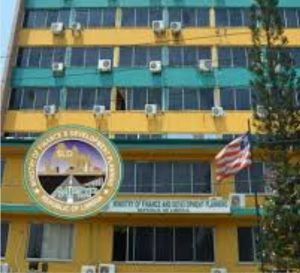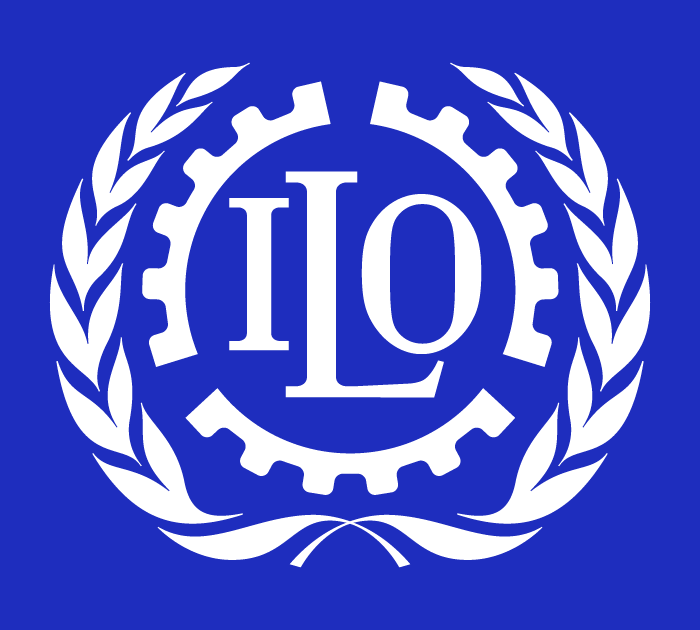The Fourth International Conference on Financing for Development, held in Seville, Spain, concluded with a renewed global commitment to strengthening social protection systems for workers worldwide. The resultant “Compromiso de Sevilla” agreement urges nations to increase social protection coverage by a minimum of two percentage points annually. This commitment is seen as a crucial step towards safeguarding vulnerable workers and reducing global inequalities. The International Labour Organisation (ILO) and global labour unions have welcomed this development, emphasizing the urgent need to translate these commitments into tangible action. The agreement acknowledges the vital role of social protection in providing a safety net for workers facing job loss, illness, or old age, and aims to address the significant gap in coverage affecting billions globally. The ILO Director-General stressed the importance of national ownership, institutional capacity building, and international collaboration in effectively implementing the agreement.
The core of the Compromiso de Sevilla centers around integrating the financing of social protection systems, including basic social safety nets, in accordance with ILO recommendations and international standards. It specifically calls for supporting developing countries in their efforts to expand coverage, aiming to reach a minimum annual increase of two percentage points. This commitment is a direct response to the stark reality that billions of people lack access to basic social protection, leaving them vulnerable to various economic and social risks. The agreement further emphasizes the importance of prioritizing universal social protection as a fundamental worker’s right and a key mechanism for reducing inequalities. The ultimate goal is to create a world where all workers have access to a basic level of social security, ensuring their well-being and protecting them from unforeseen circumstances.
To facilitate the implementation of the Seville agreement, the ILO and the Global Partnership for Universal Social Protection launched the Sevilla Platform for Action. This initiative is designed to assist countries in mobilizing resources, prioritizing public investment in social protection, and extending coverage to sectors with the most significant protection gaps. This platform will serve as a crucial tool for translating global commitments into concrete national action plans, providing countries with the necessary support and guidance to strengthen their social protection systems. The focus on practical implementation underscores the understanding that agreements alone are insufficient; tangible action and dedicated resources are essential to achieve the intended impact.
Beyond the focus on social protection, the Seville agreement also recognizes the significant role of micro, small, and medium-sized enterprises (MSMEs), cooperatives, and the social and solidarity economy in driving decent work and inclusive growth. It advocates for targeted support to these sectors, acknowledging their contribution to workers’ livelihoods and overall economic development. This multifaceted approach recognizes that sustainable economic growth requires not only robust social protection systems but also a vibrant and inclusive private sector. By supporting MSMEs and cooperatives, the agreement aims to create a more balanced and equitable economic landscape, offering opportunities for all and promoting decent work conditions.
The Seville agreement further emphasizes the need for better alignment of financing strategies with employment goals. This includes promoting youth employment, strengthening the care economy, and supporting the transition from informal to formal work, issues that have long been championed by labour unions. By connecting financing strategies to specific employment objectives, the agreement aims to create a more targeted and impactful approach to job creation and economic development. This holistic approach recognizes the interconnectedness of various economic and social factors and seeks to create a synergistic effect between financing mechanisms and employment outcomes.
The ILO played a central role in shaping the agenda at the Seville conference, moderating discussions on public resource mobilization and leading to commitments on tax justice, fiscal transparency, and inclusive public finance. This active involvement reflects the ILO’s commitment to promoting social justice and ensuring that financing mechanisms align with the broader goals of decent work and social protection. By facilitating dialogue and consensus-building among various stakeholders, the ILO helped pave the way for a more comprehensive and impactful agreement. This collaborative approach underscores the importance of multilateralism and international cooperation in addressing global challenges.
The conference also served as a precursor to the Second World Summit for Social Development scheduled for November 2025 in Doha, Qatar. The ILO’s co-hosting of a high-level event in Seville with Spain, Qatar, and the United Nations further reinforced the global commitment to prioritizing social development and laid the groundwork for continued discussions and action. The Seville conference, therefore, represents a significant milestone in the ongoing global effort to strengthen social protection systems and promote decent work for all. The commitments made in Seville, coupled with the concrete steps outlined in the Sevilla Platform for Action, offer a renewed sense of hope for achieving a more just and equitable future for workers worldwide. However, the emphasis on implementation and the call for tangible action by governments underscore the understanding that the true test lies in translating these commitments into real-world improvements in the lives of workers and their families.














